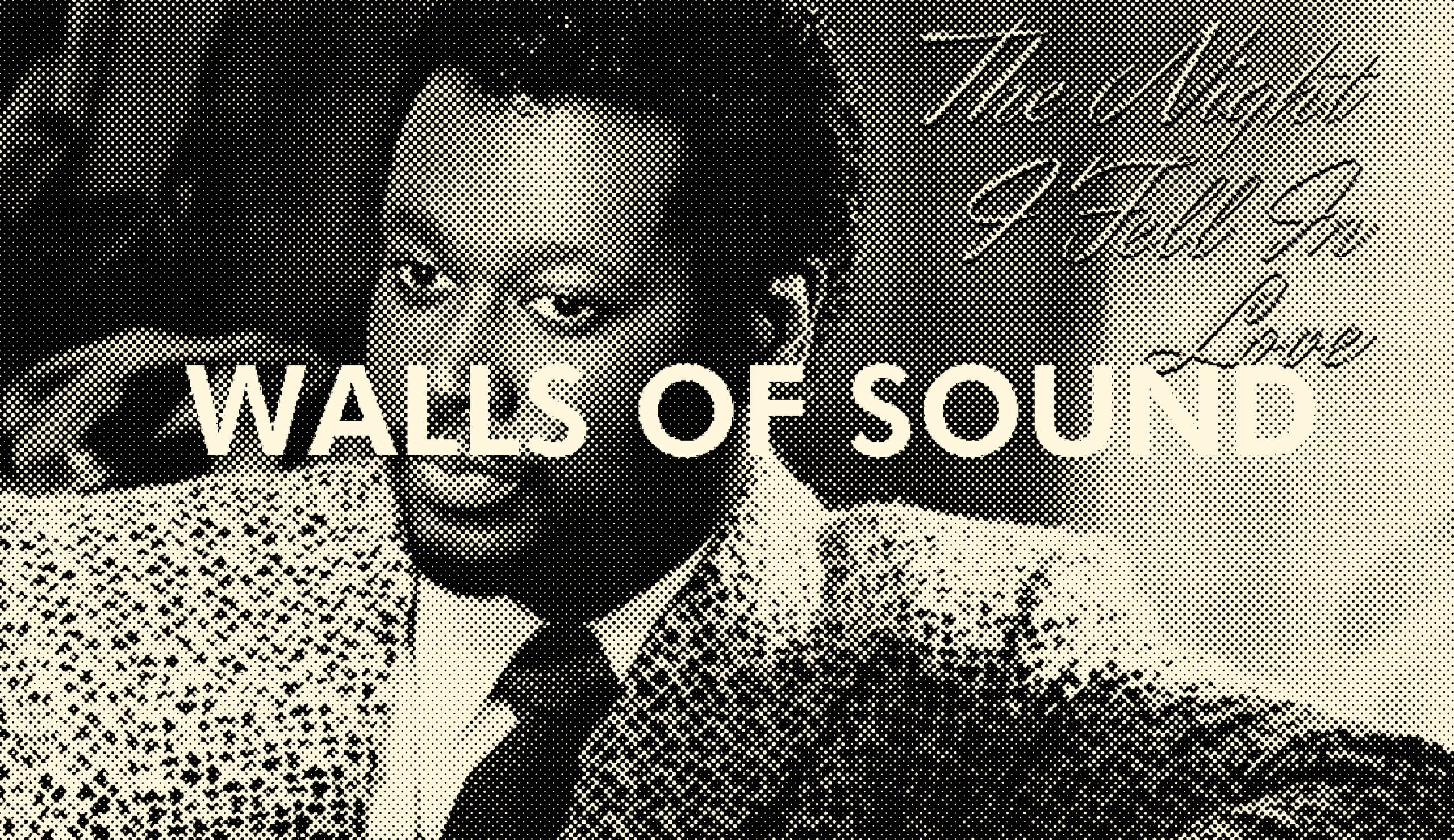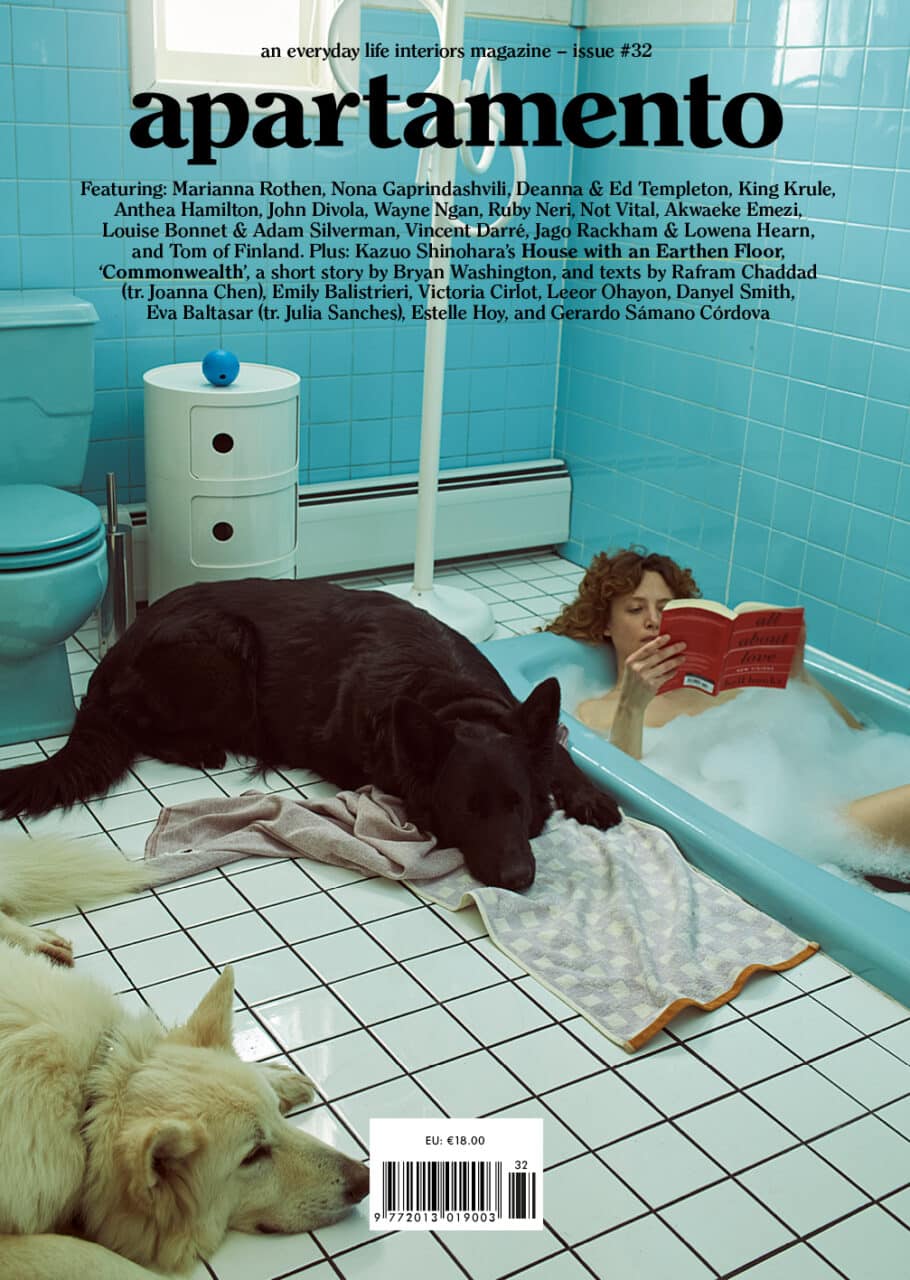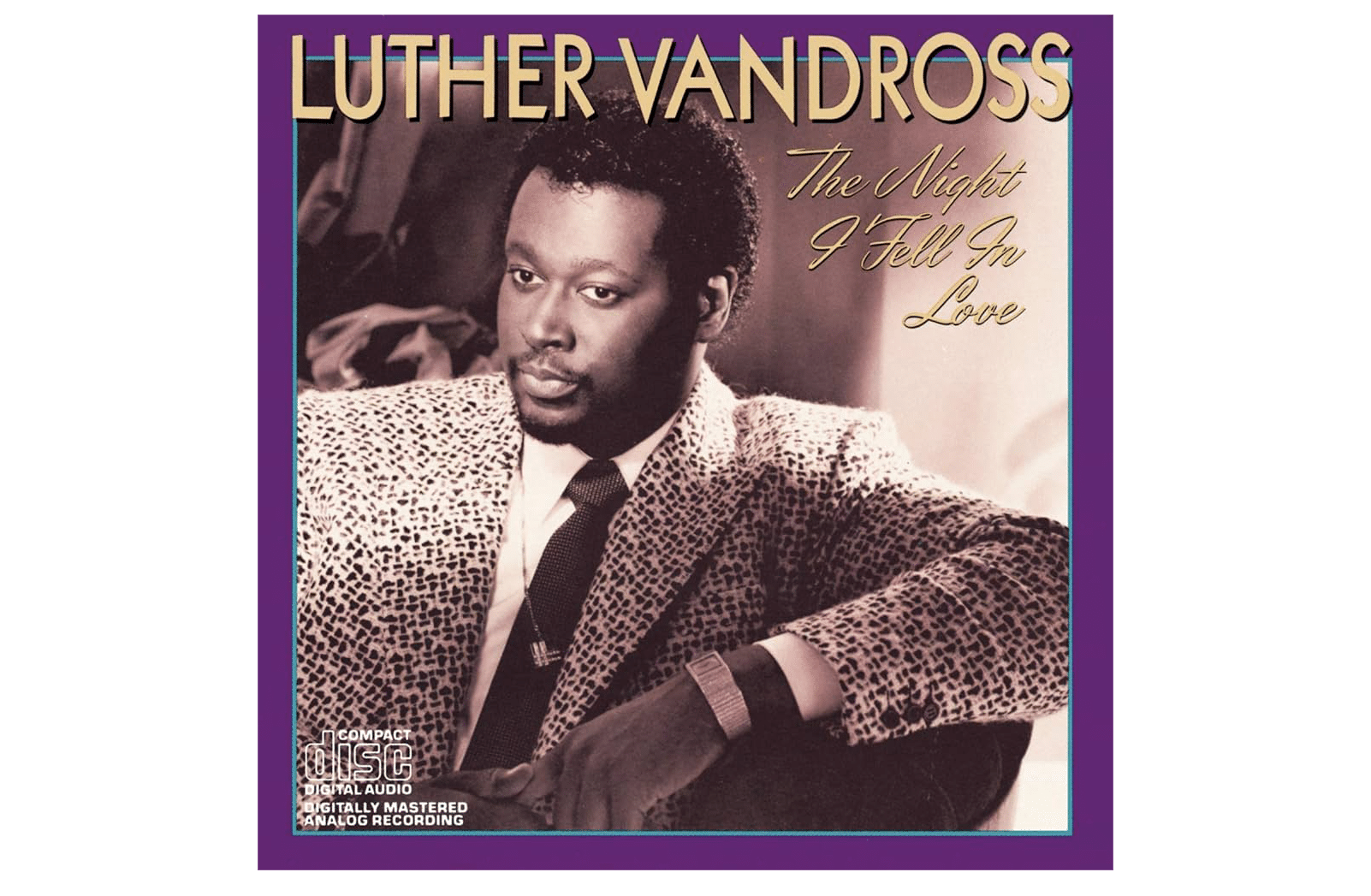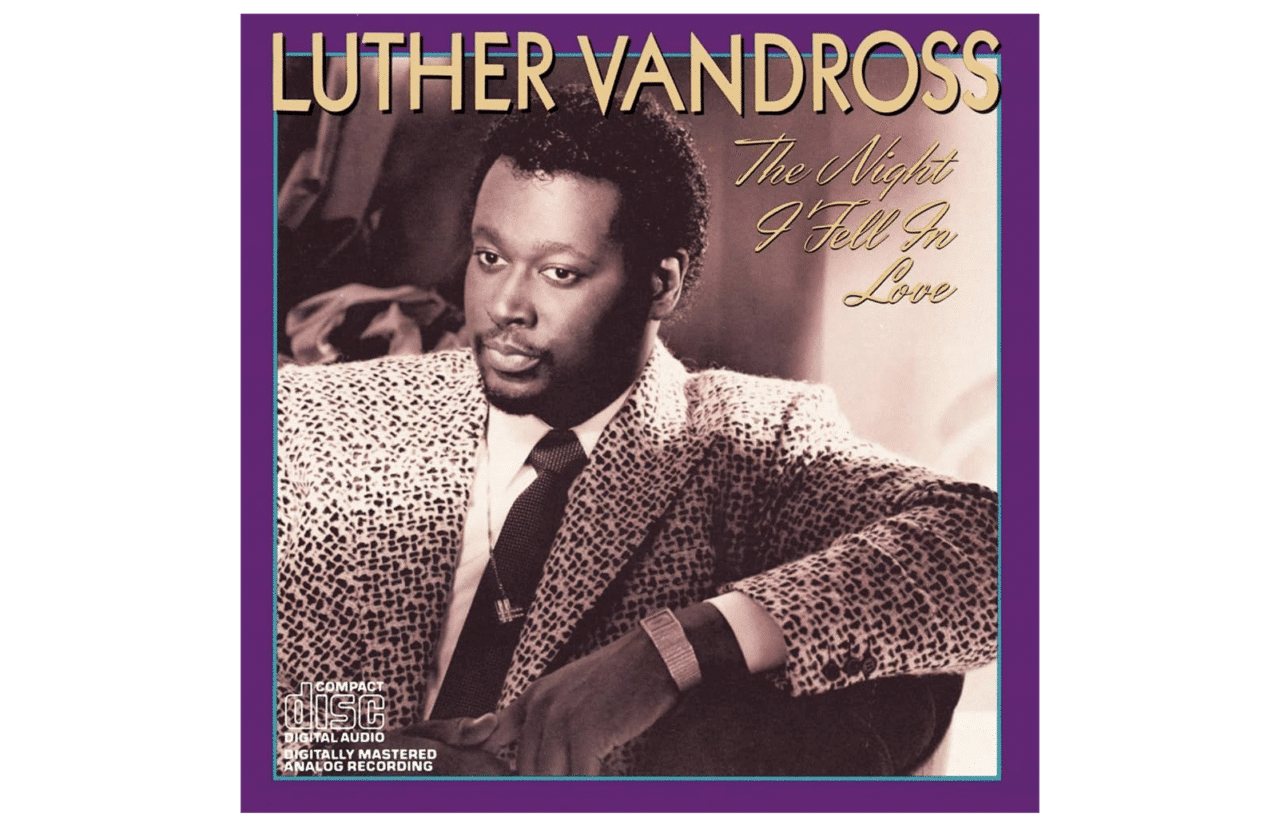Originally published in Apartamento magazine issue #32
Luther Vandross’ 1985 The Night I Fell in Love (Epic) rises up tall in an arty Black neighbourhood lush with evergreens like New Edition’s eponymous second album, Sade’s Diamond Life, and Prince’s Purple Rain. The mood of Vandross’ eight-song Night glides from relatable charade to trembling intimacy to the resignation that love and loneliness are but sides of a coin. Night is flawed only in ways that further its point: The world makes it hard to tell your truths.
The first song, for example, is a shaky foundation at best. ‘‘Til My Baby Comes Home’ tells a story of the singer’s intense love for a girlfriend—Every night when I sleep / I dream of my baby / She’s such a lady / Then I wake up and see / That she’s laying by me / Right there beside me. It feels… off. I want Vandross to write and sing about who he more likely truly dreams of. But that’s none of my business. Patti LaBelle problematically outed her friend in 2017, but Vandross died in 2005 at 54, having never confirmed or denied rumours that he was gay.
The eight-time Grammy winner had many reasons to create from behind a wafting curtain of hetero romance. In the mid-‘80s, queer Black men were carving out vibrant spaces in which to love and thrive, but America was enthralled by a homophobic ‘moral majority’ who considered HIV/AIDS a wrath of God. It was hateful in the music world as well. In 1998, the year Vandross released I Know (Virgin), George Michael was arrested and globally dragged for ‘soliciting sex’. In 1999, Tevin Campbell was arrested on charges of ‘lewd behavior’, and his career was shattered. (Campbell came out in 2022.) The great Johnny Mathis, icon of ‘50s and ‘60s balladeering, didn’t come out to a huge audience until 2017, when he was 82. Mathis isn’t known for his songwriting, but it’s his mellifluous middle-tenor that most informs the leaning tower that is Vandross’ The Night I Fell in Love.






 close
close
